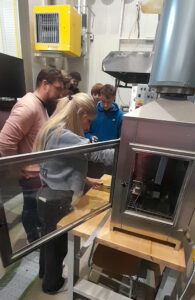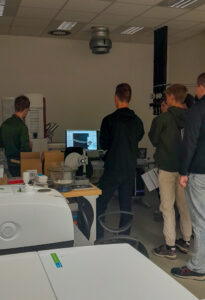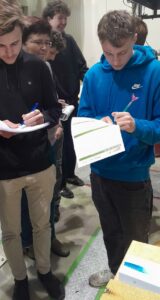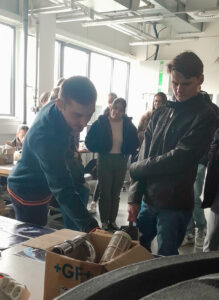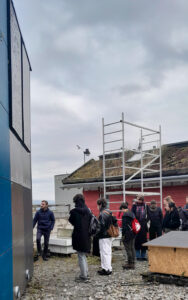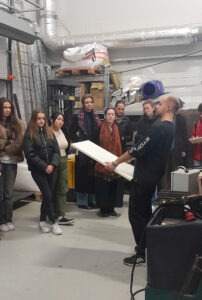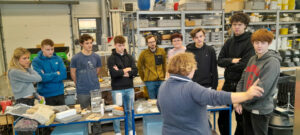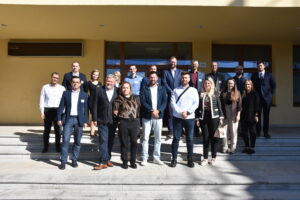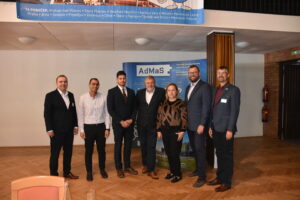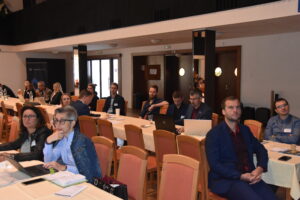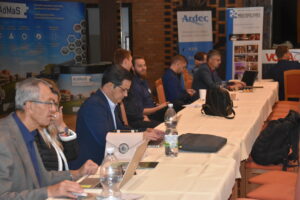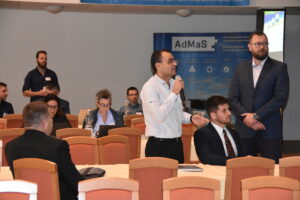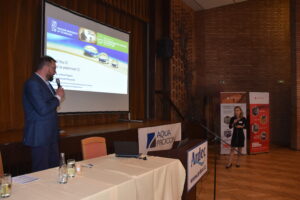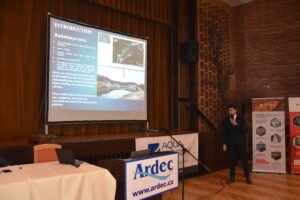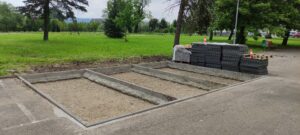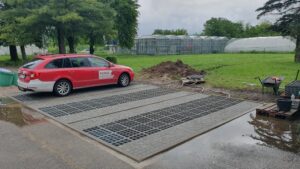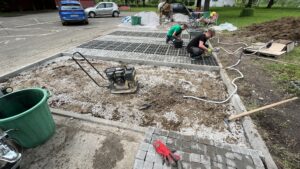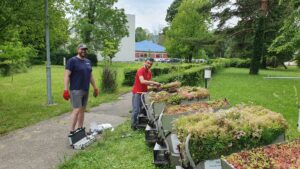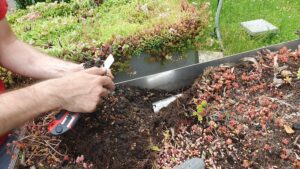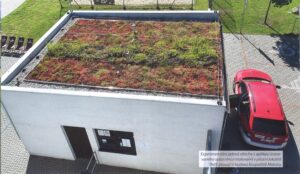Research staff of the AdMaS Center of the Faculty of Civil Engineering of the University of Technology in Brno led by prof. Petr Hlavínek, received another one-year project financed by the Ministry of Foreign Affairs of the Czech Republic in early 2024 entitled “Implementation of elements of blue-green infrastructure into green wall systems of buildings” from the Strengthening the capacities of public universities in developing countries program.
This project is a continuation of already implemented projects to strengthen the capacities of public schools in Bosnia and Herzegovina i) Use of biochar as materially transformed waste for extensive green roofs (solved in 2022) and ii) Innovative use of biochar in the substrate and underlying layers of green parking lots (solved in 2023). Thanks to this currently presented project, the implementation cycle of blue-green infrastructure elements will be conceptually closed, which will subsequently become a comprehensive implemented project with a demonstration of good practice in the implementation of blue-green infrastructure elements in an urbanized area in accordance with the principles of the circular economy.
The main goal of the project is to strengthen and deepen knowledge of current findings in science and research in the sense of transferring experience from the Czech Republic (University of Technology in Brno, Faculty of Civil Engineering, AdMaS Center) to Bosnia and Herzegovina (University of Banja Luka, Faculty of Agriculture) in the area implementation of selected elements of blue-green infrastructure (rainwater management for irrigation of green infrastructure) into the building system, taking into account the application of innovative growing substrates into the system of green building walls.



